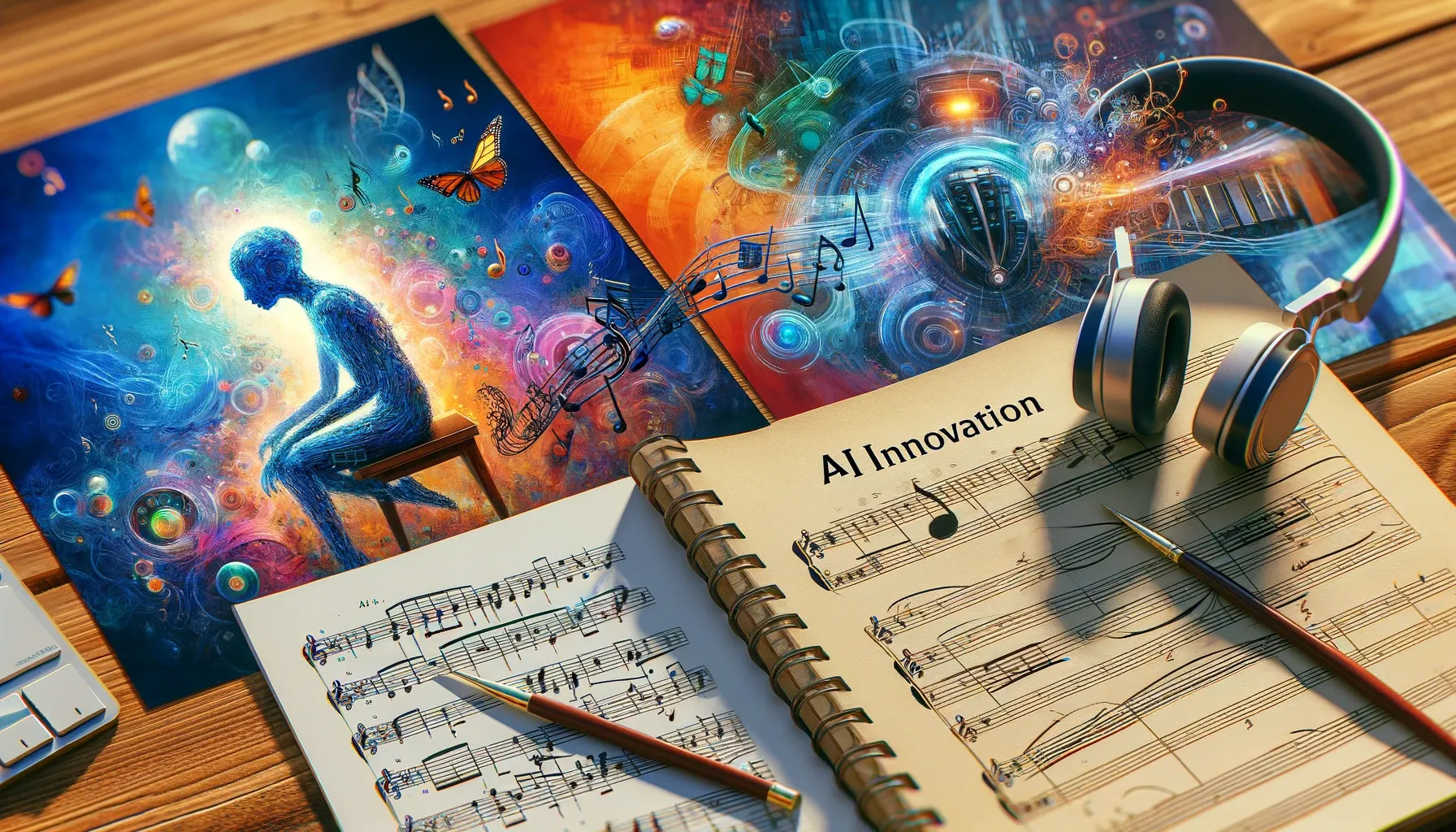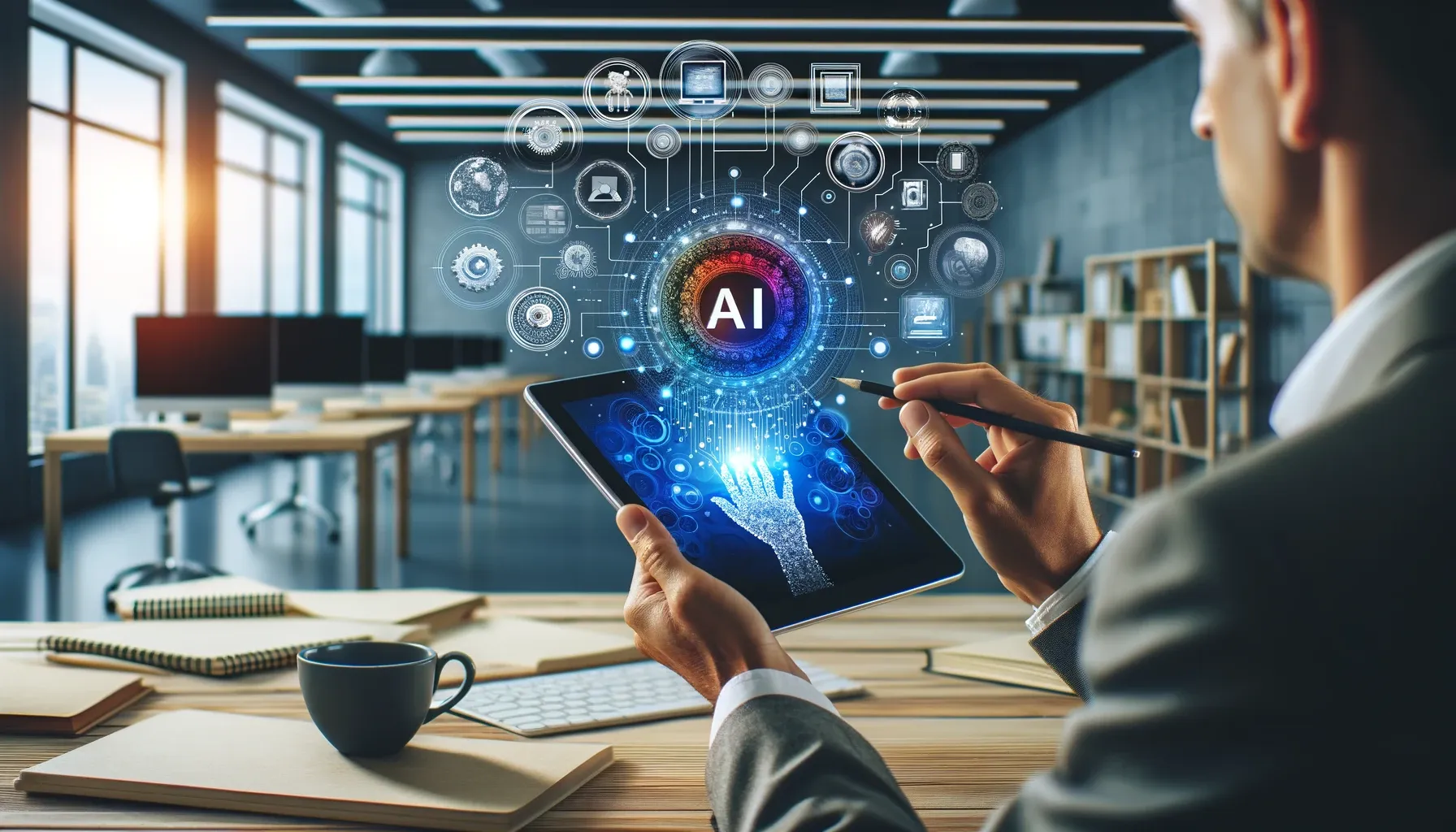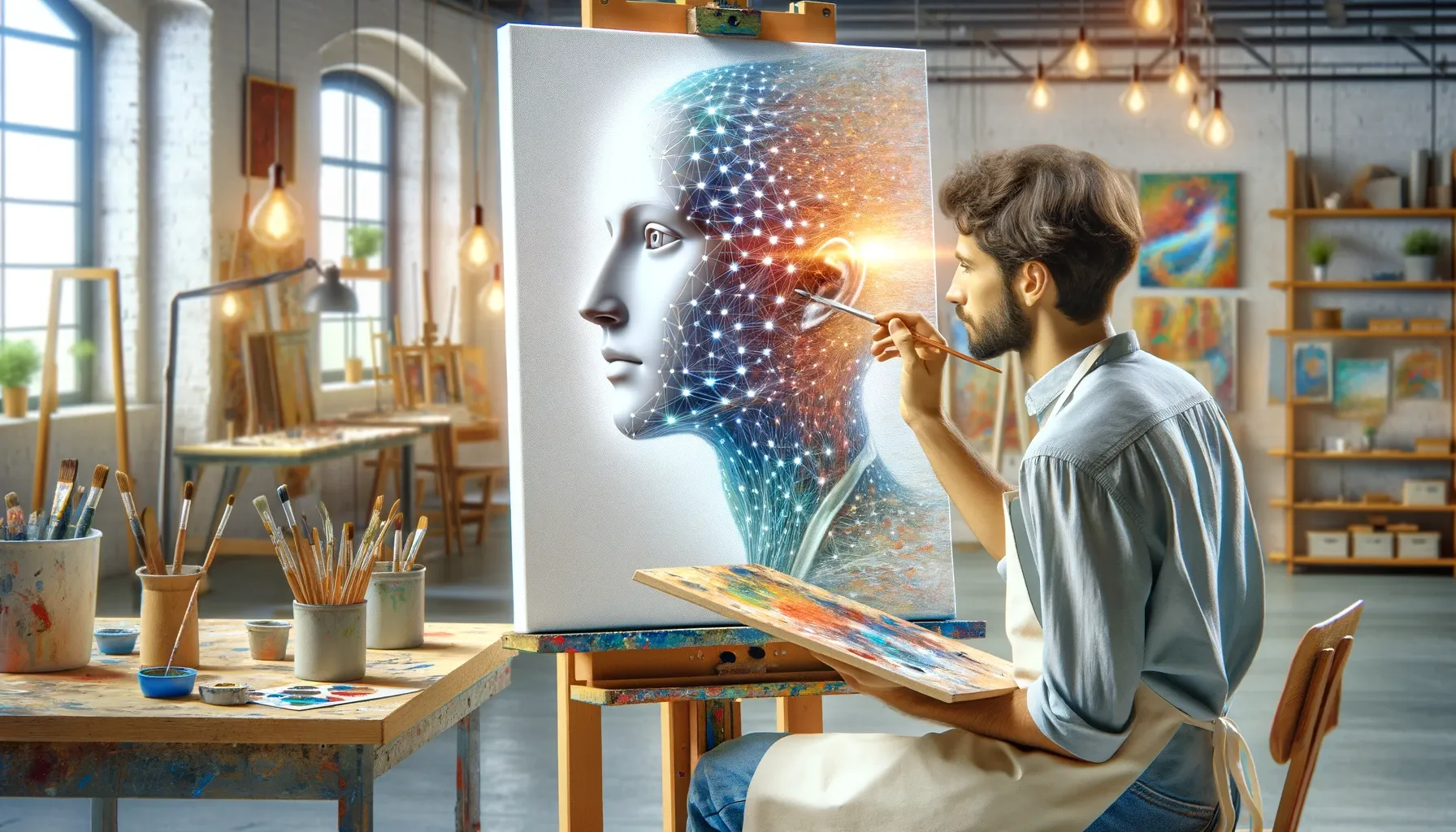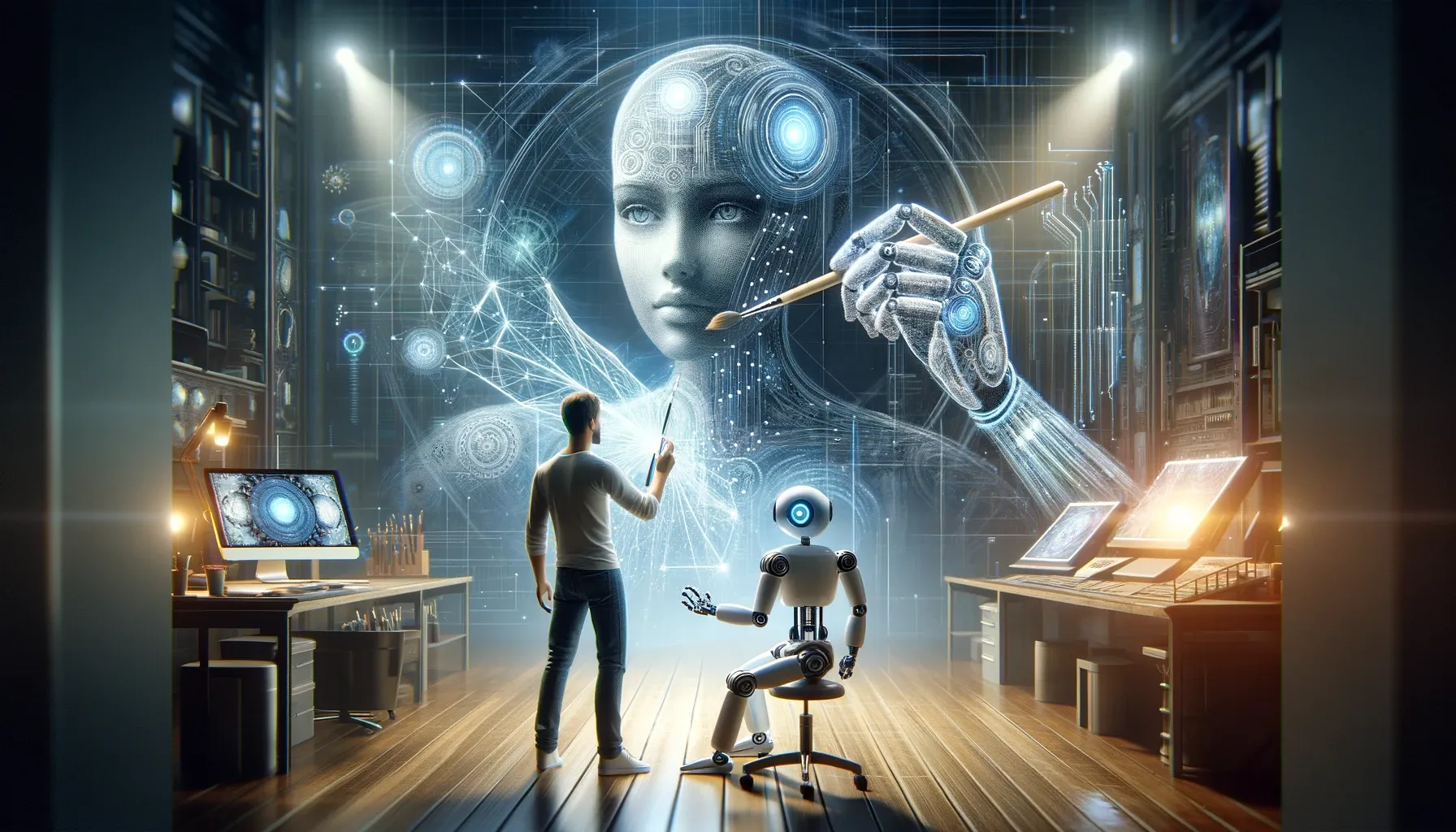In recent years, the creative industries have witnessed a remarkable transformation, largely fueled by advancements in artificial intelligence (AI). From generating stunning visual art to composing symphonies that stir the soul, AI technologies like GPT (Generative Pre-trained Transformer) and DALL-E are redefining the boundaries of creativity. This fusion of AI with human ingenuity is not just changing how art is created; it's revolutionizing business models, stirring ethical debates, and hinting at a future where the only limit to creativity might just be our imagination.
Innovations at the Forefront
The landscape of creative industries is brimming with AI-driven innovations. AI algorithms are now capable of creating artwork that rivals the complexity and beauty of pieces created by human artists. In music, AI systems are composing pieces that range from pop to classical, challenging our traditional perceptions of creativity. The realm of writing and content creation has also seen a surge in AI applications, with tools capable of producing everything from poetry to full-length articles, and even scripts for movies and video games. These innovations are not only a testament to AI's potential to enhance creativity but also highlight the symbiotic relationship between humans and machines, where each complements the other's strengths.

Transforming Business Models
The integration of AI into creative processes is reshaping business models across the creative sectors. Traditional barriers to entry, such as the need for extensive resources or specialized skills, are being lowered by AI tools that democratize creativity. This has led to the emergence of new platforms and services that offer AI-powered solutions, from design and content creation to personalized music and video production. These platforms not only provide new avenues for creators to monetize their work but also offer businesses innovative ways to engage with their audience through unique and customizable content.

Navigating Ethical and Economic Landscapes
With great power comes great responsibility, and the rise of AI in creative industries is no exception. The use of AI raises important ethical questions about originality, copyright, and the essence of creativity. Is an AI-generated piece of art less valuable because it wasn't created by a human? How do we attribute copyright in such cases? These questions challenge existing legal frameworks and ethical norms, prompting a much-needed dialogue on how we value and protect creative work in the age of AI.
Economically, AI's impact is equally profound. While it introduces efficiencies and opens up new revenue streams, there's also concern over job displacement and the skills gap. However, history shows that technological advancements often lead to the creation of new jobs and industries. Embracing AI in creative fields could similarly spark a renaissance of new careers, requiring a blend of technical and creative skills.

Looking Ahead: The Future of Creativity
As AI technology continues to evolve, its potential to unlock new forms of creativity and expression is boundless. We're standing on the brink of a new era where AI could become a co-creator, helping humans explore uncharted territories of creativity. The future might see AI not just as a tool but as a collaborator, offering insights and generating ideas that push the boundaries of what's possible.

Conclusion: A New Creative Paradigm
The rise of AI in creative industries marks the beginning of a new chapter in the story of human creativity. This journey is not without its challenges, but the possibilities are as vast as our imagination. As we navigate this new landscape, it's crucial to foster a dialogue that considers the ethical, economic, and social implications of AI in creativity. Let's embrace the potential of AI to enhance our creative endeavors, while ensuring that the essence of creativity remains a uniquely human experience.
The Rise of AI in Creative Industries: Blending Technology with Creativity